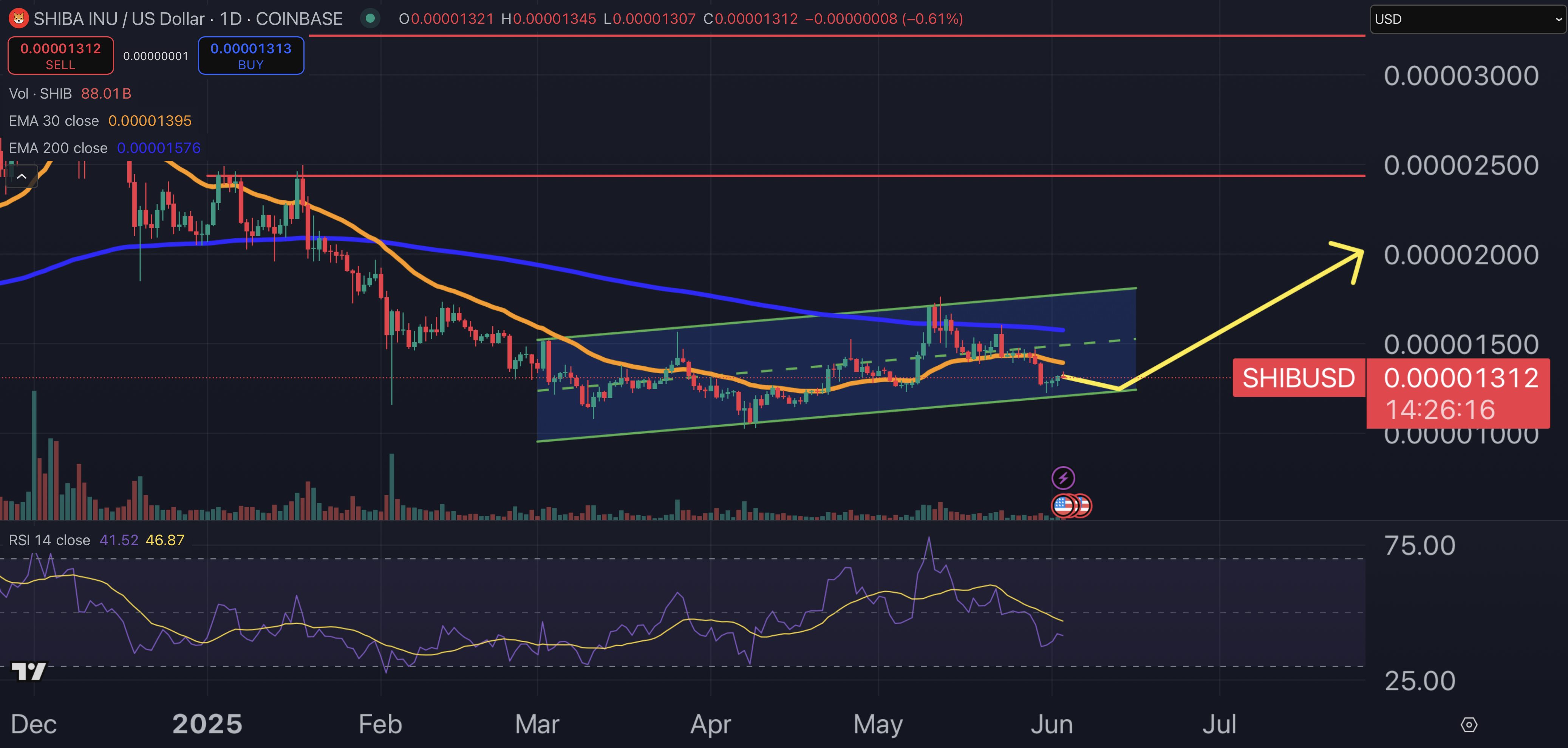Unlock the Editor’s Digest for free
Roula Khalaf, Editor of the FT, selects her favourite stories in this weekly newsletter.
An army captain who seized power in Guinea in a coup in 2008 has been recaptured after escaping from prison in the early hours of Saturday morning following heavy gunfire in the capital.
Justice minister Charles Alphonse Wright told local radio that armed men took control of the Maison Centrale de Conakry, a heavily guarded federal prison, and freed Moussa Dadis Camara and the other suspected masterminds of a massacre of at least 150 pro-democracy supporters at a stadium in 2009.
“We will find them and those responsible will be held accountable,” Wright said. “We wonder how armed men could break the security cordon of the prison and release prisoners. The escapees will be hunted down”.
Pepe Antoine Lamah, Camara’s lawyer, claimed his client was the victim of a kidnapping by “heavily armed individuals who forced him into a vehicle towards an unknown destination” and that he had been returned to prison.
“It is still unacceptable and even inappropriate to describe a kidnapping as an escape,” Lamah wrote on Facebook. “There is no need to remind you that it is the responsibility of the state to ensure the safety of detainees. By the grace of God, President Moussa Dadis Camara is safe and sound despite everything.”
Wright said that Guinea’s borders had been sealed and that no deaths were reported during the jailbreak, although videos published on social media suggested otherwise. He added that Colonel Moussa Tiégboro Camara, a former government minister and head of presidential security, had been recaptured. Blaise Goumou, another Camara ally, was also back in custody, according to local media reports.
All of the escapees were on trial for the killing of opposition protesters holding a rally in 2009 to demand democratic rule and oppose Camara’s attempts to run for president in elections scheduled for the following year.
About 50,000 people had gathered at the main football stadium in Guinea’s capital Conakry when soldiers fired live bullets and sexually assaulted women. Camara denied any knowledge of the sexual assaults and blamed the killings on out-of-control soldiers, saying he was “immensely saddened”.
The trial of 11 men suspected to have orchestrated the stadium massacre, who all deny the allegations, began in 2022. It was suspended for almost two months this year after defence lawyers demanded payment from the government. The trial resumed in July.
Camara became president in 2008 after the death of long-term leader Lansana Conté, who had ruled the bauxite-rich nation for more than two decades.
A little-known army captain at the time, Camara led a putsch hours after Conté’s death was announced, capitalising on an appetite for change. He promised elections and often appeared on television humiliating members of his cabinet and interviewing drug traffickers in what became known as the “Dadis show”.
Camara fled to Burkina Faso months after the stadium crackdown following an assassination attempt by Abubakar “Toumba” Diakite, his former aide-de-camp. Diakite is also on trial for the stadium massacre.
Guinea has been under military rule since 2021 when a junta led by Colonel Mamady Doumbouya ousted Alpha Condé in a coup after he changed the constitution to run for a third term. It is one of several countries across west and central Africa that has endured a coup since 2020.
Credit: Source link









